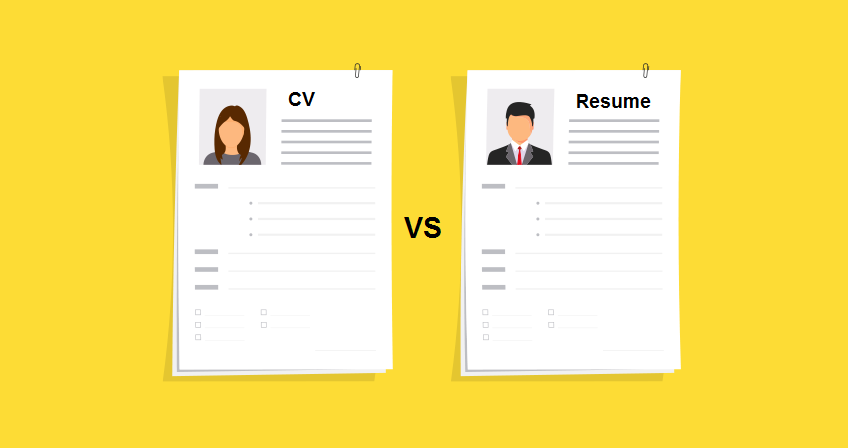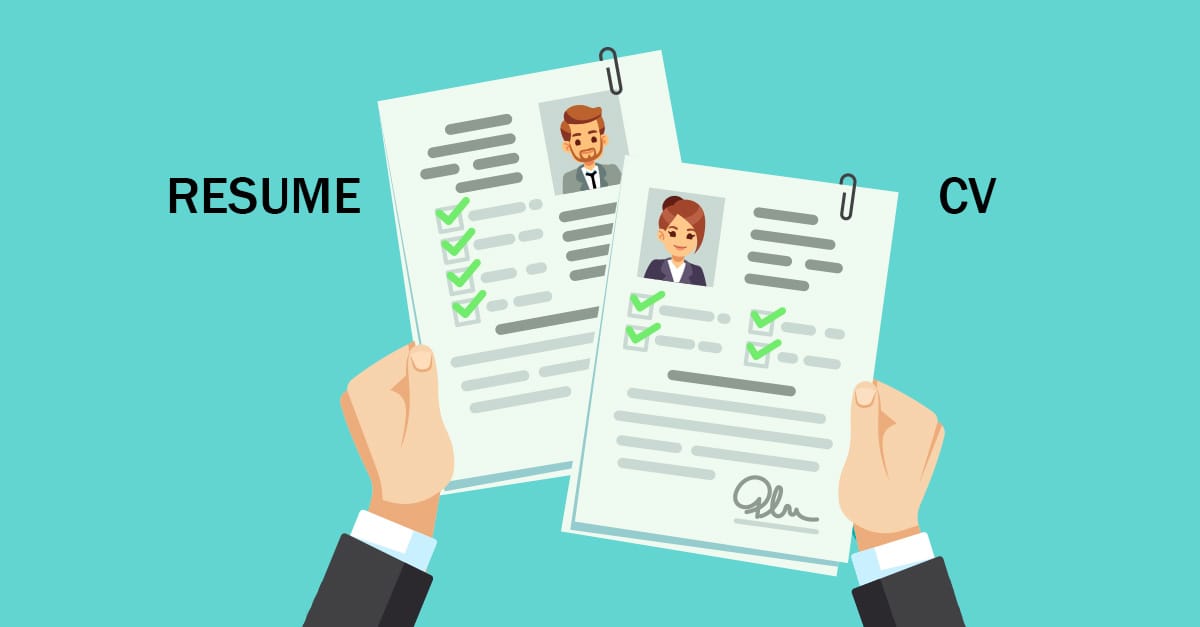what is the difference between CV and Resume
In the world of job applications and career advancement, two terms often appear interchangeably: Curriculum Vitae (CV) and Resume. While both are essential tools in your job search arsenal, they serve distinct purposes and follow different formats. To navigate the competitive job market successfully, it’s crucial to understand the differences between these documents and when to use each one.
What is a CV?
A Curriculum Vitae, often likened to a professional life story, is a meticulously crafted document that weaves together the threads of your educational and career journey into a tapestry of qualifications and experiences.
CVs are typically longer than resumes and can extend to several pages. Here’s a breakdown of the key components of a CV:I’m happy to help you create a sample resume with the requested sections. However, please keep in mind that sharing personal contact information publicly is not recommended for privacy and security reasons. I’ll provide a template for the other sections of a resume, and you can fill in your actual contact information when using it

privately:
Contact Information:
Full Name: [Your Name]
Address: [Your Address]
Phone Number: [Your Phone Number]
Email Address: [Your Email Address]
Objective or Personal Statement:
A highly motivated professional with a strong background in [your field] seeking to leverage my expertise and experience to [mention your career goals or what you aim to achieve professionally]. Committed to delivering results, I aspire to contribute positively to [industry/organization name] while continuously enhancing my skills and knowledge.
Education:
[Degree Earned] in [Your Major]
[Institution Name], [Location]
Graduation Date: [Month, Year]
Academic Achievements: [Any honors, GPA, or relevant academic accomplishments]
[Additional Degrees or Certifications, if applicable]
Professional Experience:
Position Title – Employer Name
[Start Date] – [End Date]
[Description of Responsibilities and Accomplishments in bullet points]
[Include any relevant achievements, projects, or key contributions]
Position Title – Employer Name
[Start Date] – [End Date]
[Description of Responsibilities and Accomplishments in bullet points]
[Include any relevant achievements, projects, or key contributions]
Continue with additional work experiences in reverse chronological order.
Publications and Research:
[Title of Publication/Research Project]
[Journal/Conference Name]
Publication Date: [Month, Year]
[Brief description or significance of the work]
[Additional Publications/Research Projects, if applicable]
Awards and Honors:
[Name of Award/Honor]
Awarding Organization: [Organization Name]
Date Received: [Month, Year]
[Brief description of why you received the award/honor]
[Additional Awards/Honors, if applicable]
Remember to tailor your resume to your specific experiences and career goals. Additionally, always proofread and ensure that your resume is error-free before sharing it with potential employers or colleagues.
Skills:
A list of your relevant skills, including technical skills, languages spoken, and any certifications or licenses you hold.
Professional Memberships:
Any memberships in professional organizations related to your field.
References:
While not always included, some CVs may provide a list of references or state that references are available upon request.

What is a Resume?
Crafted with precision, a resume serves as a focused masterpiece, meticulously tailored to illuminate your credentials and suitability for a particular role.
Resumes are typically shorter than CVs and should ideally not exceed two pages. Here’s what a resume typically includes:
Contact Details:
Your full name, telephone number, email address, and occasionally, your LinkedIn profile or a personal website.
Summary or Objective:
A brief statement summarizing your career goals and the value you can bring to a potential employer.
Professional Experience:
A reverse-chronological list of your work history, focusing on relevant jobs and accomplishments related to the position you’re applying for.
Education:
A section detailing your educational background, including degrees earned, institutions, and graduation dates.
Skills:
A list of key skills and qualifications relevant to the job, often categorized into sections like “Technical Skills” and Soft Skills.
Certifications and Awards: Any industry-specific certifications, awards, or honors that enhance your qualifications for the role.
References:
Unlike a CV, resumes typically do not include references unless specifically requested by the employer.
Key Differences Between CV and Resume:
Length:
CVs are generally longer and more detailed, while resumes are shorter and more focused.
Purpose:
CVs are used for academic and research positions, fellowships, and some international job applications. Resumes are tailored for most other job applications in the private sector.
Content:
CVs include a comprehensive overview of academic achievements, research, and publications, whereas resumes emphasize professional experience and skills relevant to a specific job.
References:
CVs may or may not include references, while resumes typically exclude them until requested.
Customization:
Resumes are highly customizable for each job application, allowing you to highlight the most relevant qualifications. CVs are more static and less adaptable.
When to Use Each:
Use a CV when applying for:
Academic positions (professors, researchers)
Scientific or research roles
Grants, fellowships, or scholarships
International job opportunities
Use a Resume when applying for:
Most private-sector jobs
Non-academic roles
Internships and co-op programs
Jobs in fields like marketing, finance, engineering, etc.
In summary, grasping the nuances that set a CV apart from a resume is indispensable when it comes to showcasing your candidacy adeptly in the competitive job landscape. Craft your application materials with precision, aligning them meticulously with the job’s prerequisites, and you’re poised to etch a memorable mark in the minds of prospective employers. Whether you opt for a CV or a resume, always bear in mind that articulate and compact conveyance of your skills and background remains the cornerstone of a triumphant job quest.
Read More:- 10 THOUGHTFUL QUESTIONS FOR PARENTS TO ASK DURING PARENT-TEACHER MEETINGS
Read More:- Navigating the Intellectual Odyssey: Unveiling the KVPY Exam




